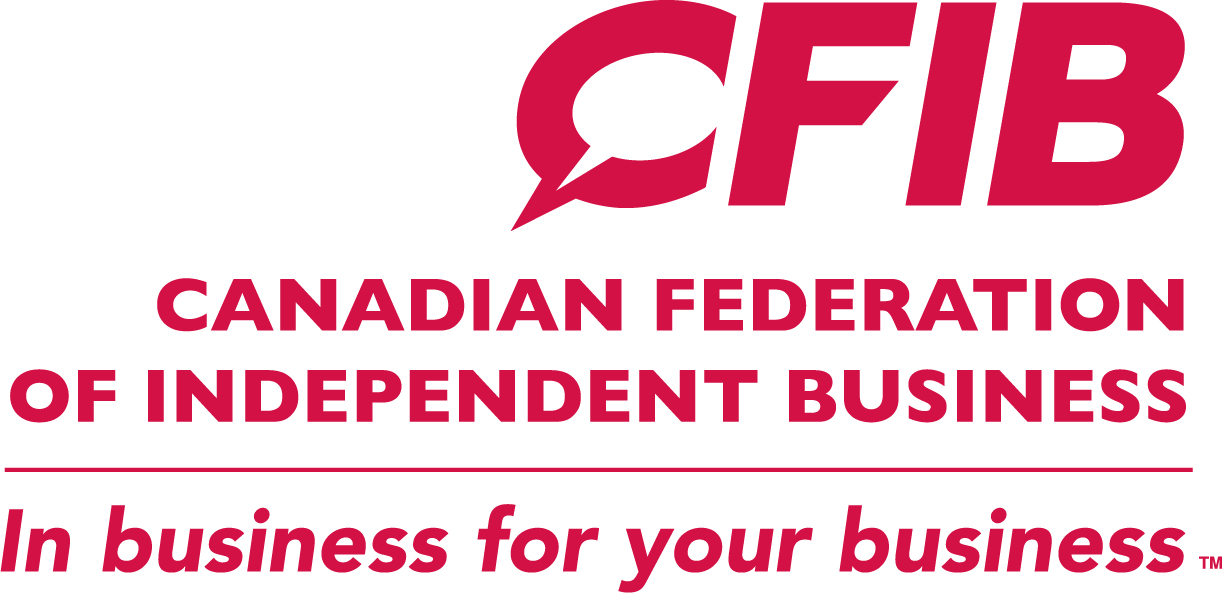Business Barometer®: Small business confidence for the year ahead lower than at any point since April 2020 Français
TORONTO, Jan. 18, 2022 /CNW/ - Small business confidence plummeted amid renewed lockdowns and restrictions, according to preliminary results from the Canadian Federation of Independent Business (CFIB)'s Business Barometer®. The three-month index dropped more than 10 points to 34.5, while the 12-month outlook dropped to 52.4, the lowest reading since April 2020.
"The last time optimism was this low was in the spring of 2020. We are once again seeing negative staffing plans and more owners who say their business is in bad shape than those who say it is in good shape," said Simon Gaudreault, Vice-President of National Research at CFIB. "This really underlines how precarious the situation is for a lot of small businesses."
Other indicators of business health also fell. Nearly a quarter (24 per cent) of business owners predicted they would reduce full-time staff in the next three months, compared to only 16 per cent who planned to hire. Three in 10 (31 per cent) say their business is in bad shape, while 29 per cent estimate it is in good shape. In December, those figures were inversed, with only 19 per cent saying their business was in bad shape and 39 per cent saying their business was in good shape.
"We're seeing echoes of the first months of the pandemic, when business owners really didn't know when they would be able to reopen and were facing tough choices, like whether to lay off staff or even cut their losses and close for good," added Andreea Bourgeois, Director of Economics at CFIB.
More support urgently needed
"These data are deeply worrisome," said Dan Kelly, CFIB president. "Sadly, COVID restrictions/lockdowns and consumer panic have caused business confidence to plummet. CFIB is calling on provinces to announce a quick end to COVID restrictions and all governments to return to similar levels of support as were in place early in the pandemic."
CFIB recommends:
- Reopening the wage and rent subsidy to all businesses experiencing revenue losses on a sliding scale basis
- Reopening the Canada Emergency Business Account (CEBA) loan program with an additional $20,000 loan, increasing the forgivable portion to 50 per cent
- Expanding provincial grant programs and making them available to all businesses experiencing a reduction in revenues
"This may be the most economically dangerous point in the pandemic," Kelly added. "Businesses are desperately weakened after two years of incredible restrictions, they've taken on an average of $170,000 in debt, and now, just as they were beginning to recover in the fall, governments have gone back to lockdowns and capacity restrictions without fully returning to the support programs that were in place early in the pandemic. This needs to change today if we want to avoid mass casualties in the small business community."
CFIB will release the full and final results of its January Business Barometer on January 27.
Methodology
Mid-January Business Barometer®: January preliminary findings are based on 503 responses from a stratified random sample of CFIB members, to a controlled-access web survey. Data reflect responses received on January 6 and 7. Findings are statistically accurate to +/- 4.4 per cent 19 times in 20.
About CFIB
The Canadian Federation of Independent Business (CFIB) is Canada's largest association of small and medium-sized businesses with 95,000 members across every industry and region. CFIB is dedicated to increasing business owners' chances of success by driving policy change at all levels of government, providing expert advice and tools, and negotiating exclusive savings. Learn more at cfib.ca.
SOURCE Canadian Federation of Independent Business

For media enquiries or interviews, please contact: Milena Stanoeva, CFIB, 647-464-2814, [email protected]

Share this article